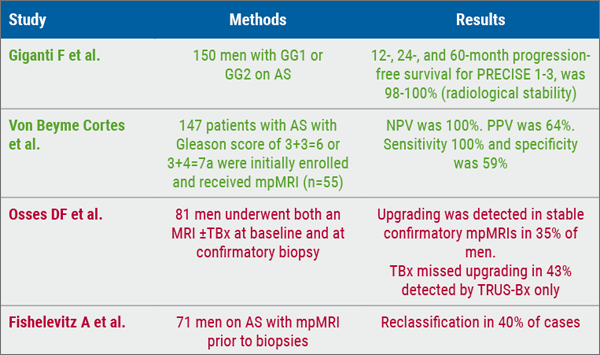A study of nearly 1.7 million girls and women has found that those who were vaccinated between 2006 and 2017 had a rate of cervical cancer that was half that for unvaccinated women.
After adjusting for covariates such as year, residence and parental characteristics, the research team calculated that 63% of the cancers were prevented.
The benefit was statistically significant and was particularly striking when the age of vaccination was taken into account. When it was done before age 17, vaccination appeared to prevent 88% of cervical cancer cases. Women who got it later in life, up to age 30, saw a protective rate of 53%, Dr. Paer Sparen and colleagues report in The New England Journal of Medicine.
Dr. Sparen said there had been lingering doubts about whether the vaccine "would directly protect against this cancer because nobody has shown it so far. I think we clearly show here that the vaccination protects against invasive cervical cancer, and protection is stronger if you get vaccinated at an earlier age."
The findings mean "more people should be encouraged to" be vaccinated early, Dr. Sparen, a professor at the department of medical epidemiology and biostatistics at Karolinska Institutet in Stockholm, told Reuters Health in a conference call with lead author Jiayao Lei, a researcher at the same department.
"We showed a substantial risk reduction on an individual basis. We hope our evidence would increase confidence in vaccination," Dr. Lei said.
Dr. Stephen C. Rubin, chief of the division of gynecologic oncology at Fox Chase Cancer Center in Philadelphia, who was not involved in the study, told Reuters Health by email that previous large-scale tests of HPV vaccines have proven that they prevent HPV infection, genital warts, and the cervical dysplasia that can be a precursor to cervical cancer.
The new study "extends these observations to show a profoundly reduced risk of cervical cancer itself following HPV vaccination," he said.
"HPV vaccines are truly a modern medical miracle: a vaccine that prevents cancer," said Dr. Rubin. "These results should convince all parents to have their children vaccinated."
About 124 countries and territories have national HPV immunization programs. In the United States there has been some resistance to the vaccination, driven partly by the fear that if young girls are vaccinated against a sexually transmitted disease they may be more likely to engage in sex out of wedlock. (Dr. Sparen said there's evidence to show that fear is unfounded).
The vaccine, which also protects against genital warts and precancerous lesions, has more recently been offered to boys.
Cervical cancer kills about a quarter of a million women worldwide each year.
The new findings come from two population registries in Sweden, where vaccination for girls as young as 13 began in 2006. The researchers looked at data through 2017.
There were 538 cases of invasive cervical cancer among the 1,145,112 women who were not vaccinated and just 19 among the 527,871 who were vaccinated.
"The greater risk reduction associated with younger age at initiation of vaccination is consistent with previous findings that showed a lower risk of genital warts and high-grade cervical lesions with HPV vaccination," the team writes.
"Our results also support the recommendation to administer quadrivalent HPV vaccine before exposure to HPV infection to achieve the most substantial benefit, since vaccination has no therapeutic effect against pre-existing HPV infection," they say.
All of the women in the study who were considered vaccinated had received at least one dose.
"Owing to the small number of cases of cervical cancer observed among the vaccinated women, we could not reliably estimate the association of vaccination with the risk of cervical cancer according to the number of doses of vaccine," Dr. Lei and her colleagues write.
By Gene Emery
SOURCE: https://bit.ly/365T664 The New England Journal of Medicine, online September 30, 2020.
Posted on
Previous Article
« Vascular invasion, tumor deposits more prognostic than TNM for rectal cancer Next Article
Reduced risk of major vascular events in lower-extremity PAD patients with rivaroxaban and aspirin »
« Vascular invasion, tumor deposits more prognostic than TNM for rectal cancer Next Article
Reduced risk of major vascular events in lower-extremity PAD patients with rivaroxaban and aspirin »
© 2024 Medicom Medical Publishers. All rights reserved. Terms and Conditions | Privacy Policy


